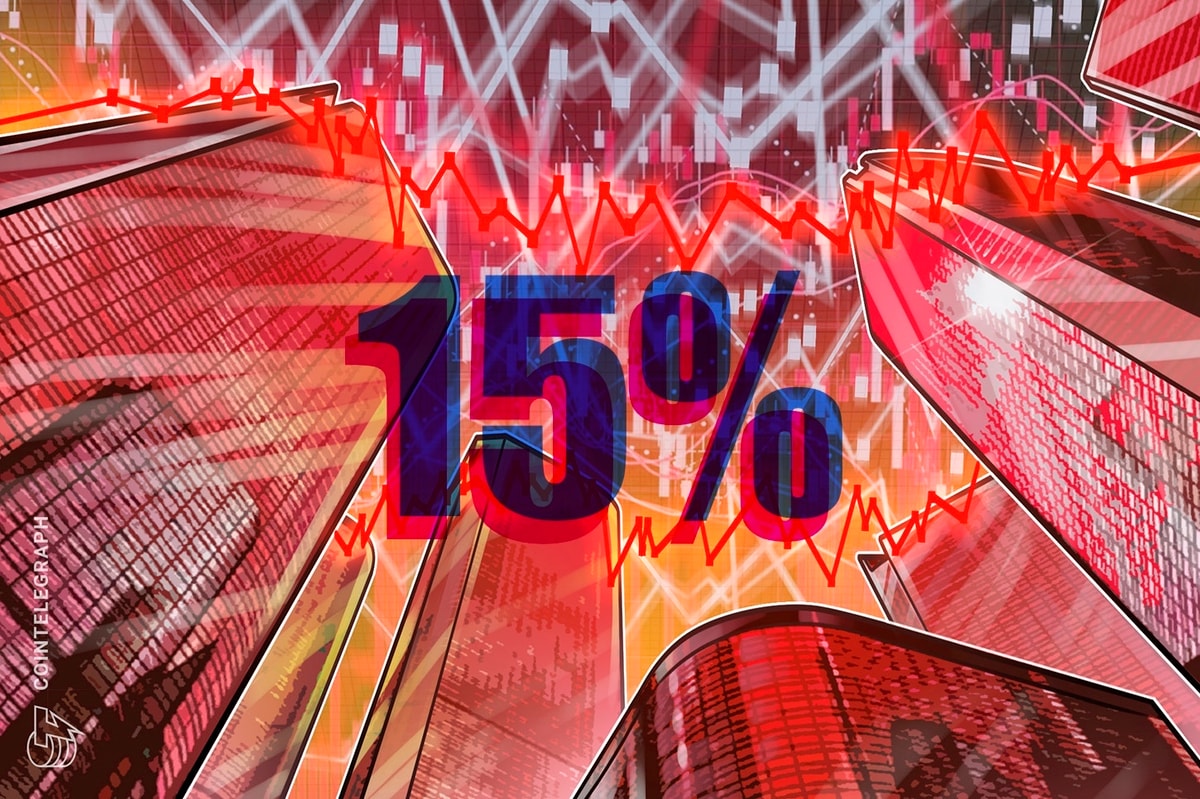Apple’s position as the world’s most valuable company is no longer something investors can take for granted. As of Monday morning, Jan. 29, the house that Steve Jobs built has dipped below the $3-trillion threshold and is currently chasing Microsoft for the top slot.
The two companies have been ping-ponging first and second place since mid-2023, when Microsoft briefly surpassed Apple as the world’s most valuable company for the first time that year.
While second place is still pretty good — the nearest competitors today are Saudi Aramco and Alphabet (Google), both trailing by nearly $1 trillion — many analysts believe Apple is poorly positioned to take on the AI-focused companies at the top of the list.
The competition
Microsoft and Nvidia have both experienced growth above the S&P 500’s average in 2024. The Redmond company’s stocks are currently up 7%, while Nvidia’s are up over 10% this year against the S&P 500’s +2.5% performance so far.
Both companies posted record highs in 2023; Nvidia was the S&P 500’s top performer overall. Meanwhile, Apple stock has remained flat for the first month of 2024.
Experts predict banner first quarters for Nvidia and Microsoft, with many expecting the good fortune to extend throughout 2024. This analysis, by and large, is predicated on the belief that consumer and enterprise interest in generative artificial intelligence (AI) products and services will continue to rise.
In Apple’s case, however, both investors and analysts appear metaphorically stuck until the company announces its plans for the rest of the year.
Apple’s artificial intelligence ambitions
Microsoft’s AI-powered ascension can be attributed to its investments with current generative AI industry leader OpenAI.
Nvidia’s record growth has also been driven by generative AI. Its graphical processing units (GPUs) are the hardware of choice for most generative AI laboratories.
Apple, on the other hand, owes nearly half of its 2023 profits to iPhone sales. But with increasing competition in China from Huawei and growing global consumer disinterest in aging “voice assistant” technologies such as Siri, this growth could be limited in 2024.
If this turns out to be the case, and Apple falls behind its AI-first competitors (Alphabet, Amazon, Meta, Nvidia and Tesla) over the next few quarters, then the Cupertino company may need another iPhone moment to find its way back on top.
Can lightning strike twice?
It’s worth keeping in mind that Apple already has the actual iPhone, along with its installed user base.
Furthermore, rumors abound that the company is secretly working on its own generative AI systems, with plans to convert Siri into something more like ChatGPT.
According to a recent report from 9to5 Mac, Apple’s testing ChatGPT itself, alongside various other generative AI systems, in the latest beta for iOS 17.4. As many pundits have been quick to note, this could indicate that Apple’s benchmarking its own proprietary system (supposedly dubbed “Ajax”) against these other AI models.
If Apple can bridge the gap between Siri’s current capabilities and what GPT-4 can do, it’s possible that Apple’s next “iPhone moment” could be an actual iPhone moment.
Generative AI has been a rising tide for the firms involved in its development, but so far, no company has found a killer app or piece of hardware for consumer-level experiences.
For the more than 1 billion iPhone users around the world, the “one AI-interface device to rule them all” could already be in their pockets.











